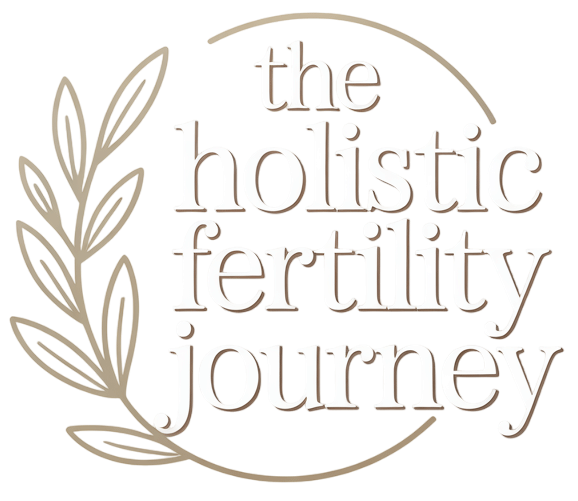The Big Picture: Oxidative Stress and Fertility Health
Trying to conceive is an intimate, sometimes vulnerable journey—and when questions arise around egg or sperm quality, it can feel overwhelming. One topic almost everyone encounters, sooner or later, is antioxidants. Are they truly a key to better fertility, or just another wellness buzzword?
Let’s start at the beginning. Our bodies naturally produce “free radicals”—unstable molecules generated as a normal part of energy production, inflammation, stress and certain environmental exposures (like pollution or smoking). In healthy amounts, they have useful roles. But too many free radicals tip the scales toward oxidative stress: a state where these reactive molecules outpace the body’s natural antioxidants. And research points out: chronic oxidative stress can damage our DNA, cells and, perhaps most relevantly for those trying to conceive, both eggs and sperm. (National Institutes of Health)
Enter antioxidants—nature’s defense team. They’re found in many foods (especially fruits, veggies, nuts, and seeds) and in our bodies, working to neutralize those excess free radicals. The big question: can getting more antioxidants actually protect and improve the quality of our eggs and sperm, and in doing so support fertility?
